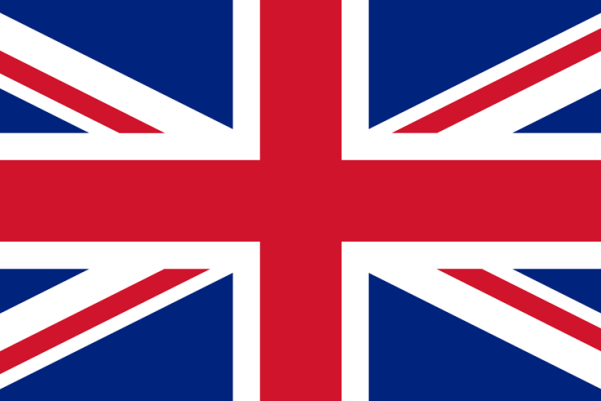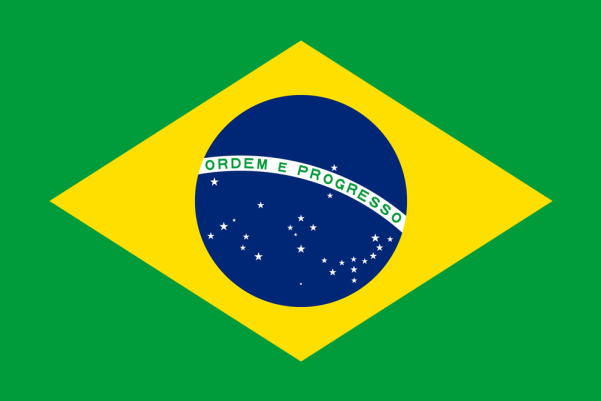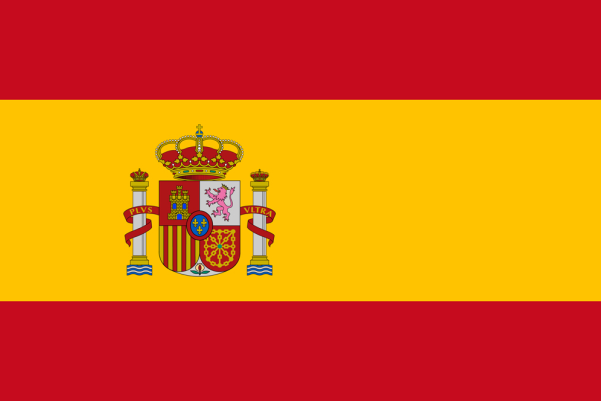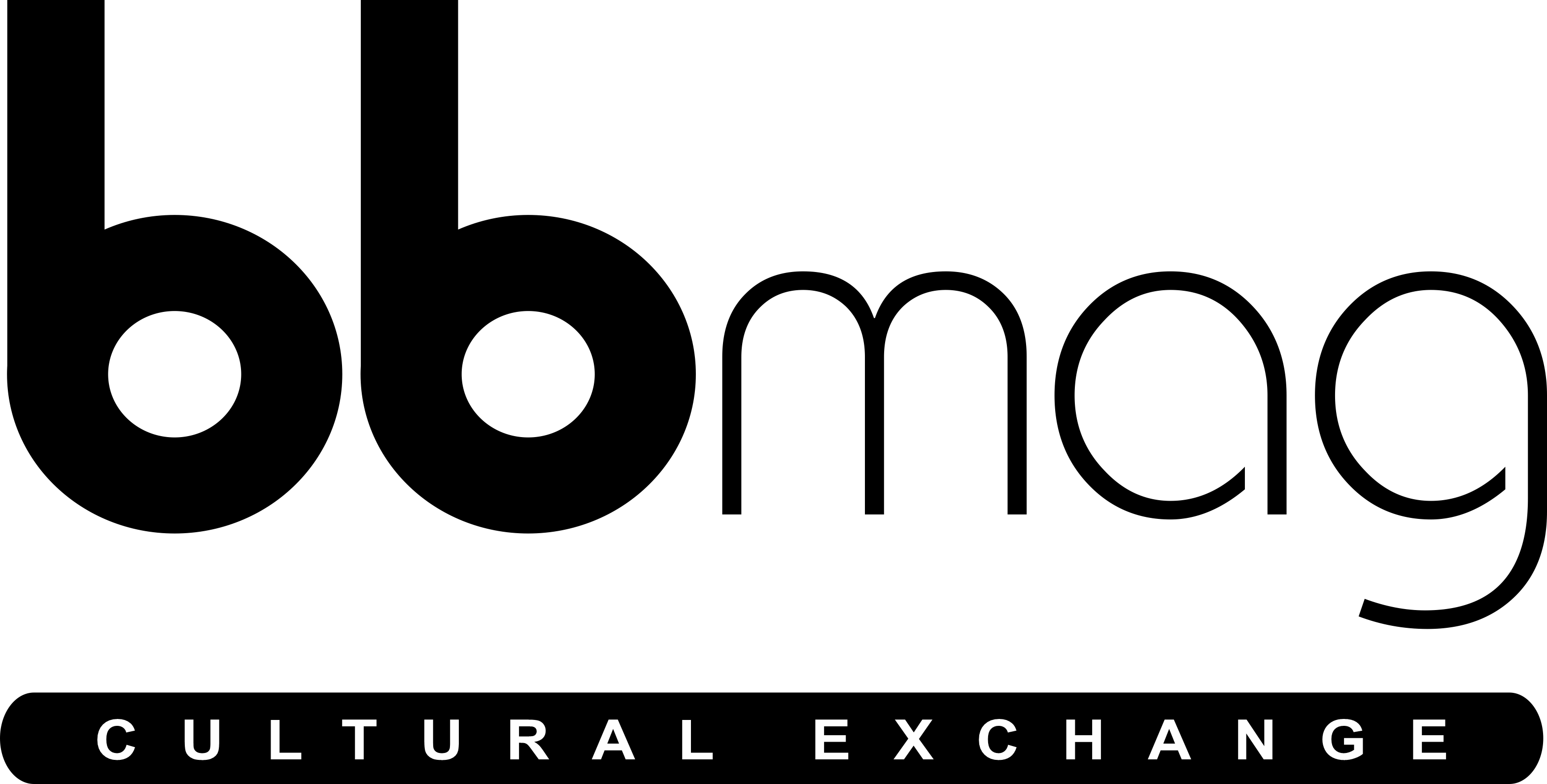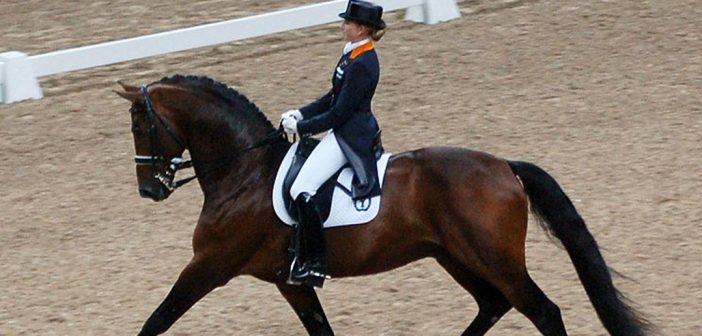With a few differences from conventional Equestrian eventing, Paralympic Equestrianism is one of the Games’ highlights, and Team GB is one of the pre-competition favourites.
It’s likely that Equestrianism stems right back to Ancient Greece, but the first official competitions started at the beginning of the 70s, in England and Scandinavia, being included in the Paralympics for the first time at Atlanta 1996.
In Paralympic Equestrianism, men and women participate equally, and events can be in teams or for individuals. The only modality is the Para-Equestrian Dressage, which requires riders to present a series of pre-determined movements, including steps, trots and gallops, according to the rider’s level of disability.
Competitors may also present a freestyle display, set to music. Hence the origin of the term ‘Equestrian Ballet’.
One or two adaptations to the accessibility of the arenas are necessary, including the size of the arena itself and the compactness of the sand. Vision-impaired athletes are permitted to use sounds to tell their horses what to do, whilst non vision-impaired athletes cannot make any noise during their performances. Judges evaluate the precision and execution of the horse’s movements, watching for mistakes from either rider or horse.
The level of partnership between rider and horse is really something quite special and inspiring. Don’t miss the competitions: there will be a total of 10 events, all taking place at the Equestrian Olympic Centre, in the Vila Militar, from 11 September.
For further information, go to: www.rio2016.com
